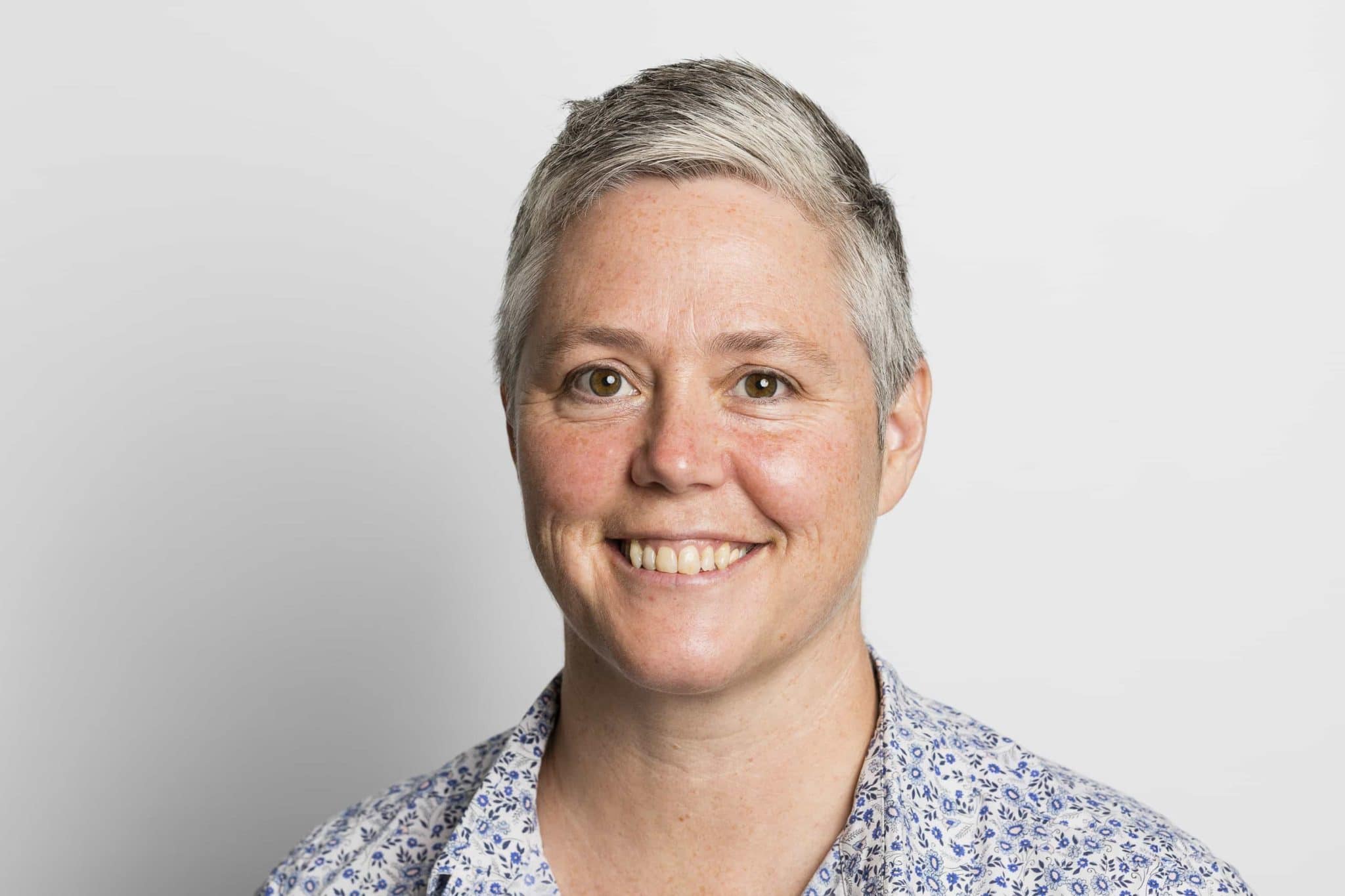
As news that Anthony Albanese failed to recall NDIS policy details dominates the headlines, I can’t help but feel frustration that the focus is on ‘memorisation’ over ‘implementation’.
There’s no doubt the NDIS is a truly transformative piece of social reform, one that when executed well has changed the lives of hundreds of thousands of Australians with disability. But with one positive story there are plenty more of frustration, as the frequent cuts to funding for peoples NDIS plans continue to let down those of whom it was built to assist.
I can tell you those people do not care about whether their leader can say a dot point off the top of their head, rather they want the assurance of how a party is going to implement the systems and changes that will improve the lives of people with disability for the better.
National Disability Services (NDS) is calling on all political parties contesting the Federal Election to not only pledge to deliver the strong NDIS that people with disability deserve, but to tell us exactly how they are going to do it.
In doing so, we are calling on all parties to guarantee three key principles:
Planning
Problems with planning have beset the NDIS from the beginning. Over time, the NDIA has made changes aimed at improving processes but still the quality of individual plans, and the lack of equity between plans, has caused angst for too many participants. We need to find a better way.
Over the past year or so, there have been an increased number of reports that the funding in participants’ plans is being reduced in ways that participants and their families cannot understand.
Funding allocations in plans need to be based on a participant’s individual support needs, as well as an understanding of their goals and aspirations and their informal support networks. There should be consistency in decision making and the process should not be influenced by the ‘quality’ of the advocacy involved – participants with well-educated supporters, or who can pay for expensive assessments, should not receive more than others.
Pricing
Since the NDIS began in 2013, price caps set by the NDIA have not covered the full cost of delivering supports. Improvements were negotiated every year until 2019 but progress has now stalled.
JobKeeper payments, a response over the past two years to assist organisations remain viable through the COVID-19 pandemic, have masked the looming financial pressures on the sector. Many providers are worried they will not be financially sustainable into the future.
The Disability Support Worker Cost Model is the most influential mechanism used by the NDIA to generate prices but the elements within the Cost Model are simply undervalued.
The quality of NDIS supports is dependent on the quality of the workforce. Worryingly, prices generated by the Disability Support Worker Cost Model are putting pressure on providers to reduce the training and supervision of their workers. If the sector is going to provide high quality and safe supports, this can’t go on.It’s time prices for NDIA supports were determined by an independent body.
Pricing in hospitals is set by the Independent Hospital Pricing Authority. A recommendation by the Aged Care Royal Commission will see this body expand and take on the function of undertaking an independent assessment of costs in aged care. This same body should be further expanded to independently assess the costs of delivering high quality and safe disability supports.
Partnership
The ground-breaking National Disability Insurance Scheme has reached a difficult point in its evolution. Design flaws are evident, but it is the diminished trust among stakeholders that makes resolving problems very difficult. Operational processes are convoluted, expensive and inefficient but they are not getting the attention they need to improve them.
Hopefully co-design processes that were started in 2021 will strengthen relationships and trust between participants and their advocates, and the NDIA. Unfortunately, disability service providers—essential to participants receiving the supports they require—are excluded from much of the co-design work that is underway.
We need the expertise, sector knowledge and willingness of service providers to engage in partnership with the NDIA to be recognised, through a commitment to include service providers and workers in the codesign of solutions with people with disability, their families and carers,
Including providers in co-design activities will deliver better outcomes for participants, families and carers, the NDIA as well as providers.
With the final sprint to the election now underway, both sides of government must remember the NDIS is not a blow to the budget’s bottom line, but an investment in people and our economy that is the key to giving control back to the lives of half a million people with disability.
Those half a million people, and the millions who support them deserve to know how it will be supported in the next term of government.
Laurie Leigh, CEO National Disability Services



